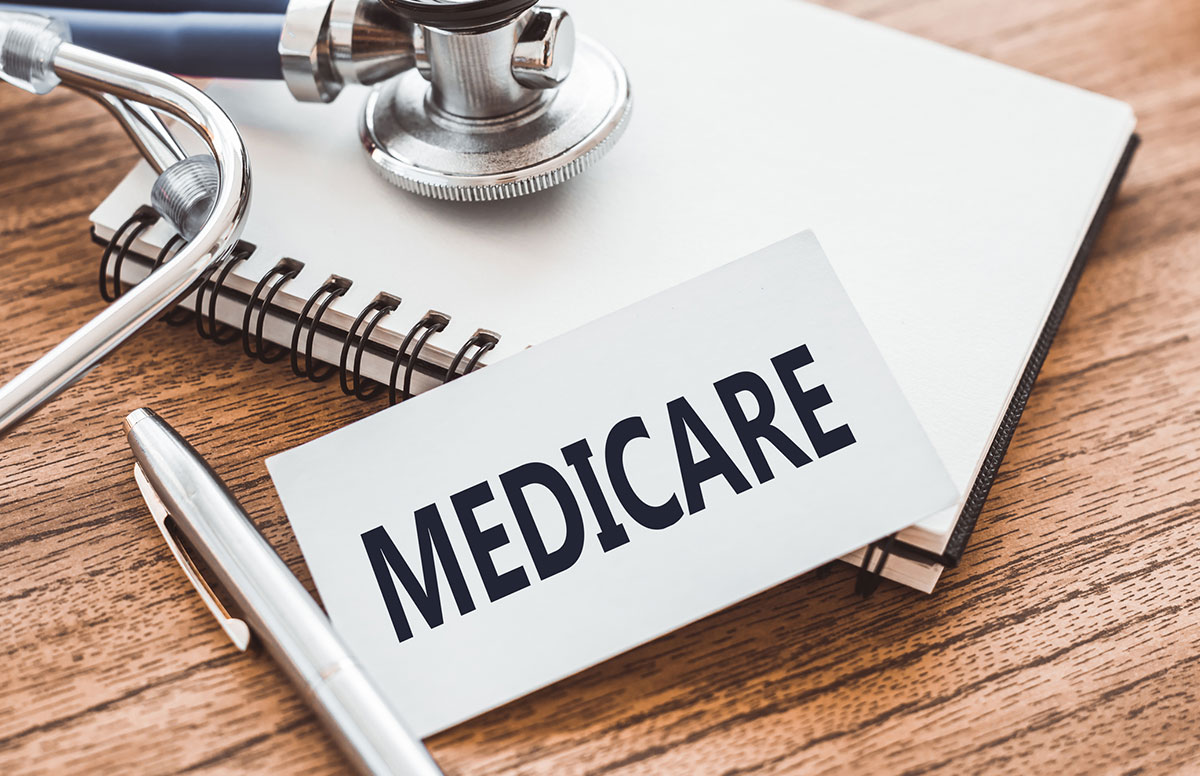LeadingAge Priorities Reflected in House HUD Funding Bill
On June 22, the House Committee on Appropriations released text of its fiscal year 2023 HUD appropriations bill, which the Transportation-Housing and Urban Development Subcommittee will consider on June 23. The bill would increase funding the Section 202 Supportive Housing for the Elderly account, compared to FY22-enacted funding, by more than 16%, from $1.033 billion to $1.2 billion. The full House Committee on Appropriations is scheduled to vote on the bill on June 30.
Within the bill’s Section 202 account, the bill appears to provide close to $290 million for capital advances and operating subsidies for new Section 202 homes, compared to the $199 million provided in the final FY22 bill and the $100 million requested by the White House. LeadingAge and dozens of Representatives, Senators, and stakeholders have urged appropriators to provide $600 million for new Section 202 homes in FY23. The amount included in the bill intended for new Section 202 homes will become clear when the report accompanying the bill is released, which will likely be sometime in the next week.
House appropriators estimate the bill would fund about 3,500 new Section 202 homes.
The bill would also provide $31 million to support budget-based rent increases at Section 8 project-based rental assistance properties serving the older adults to cover the cost of a Service Coordinator to help residents stay healthy and age in community. When HUD requested this funding, which LeadingAge supports as only 45% of HUD-assisted senior housing has a Service Coordinator, HUD said, “These rent increases would be limited to circumstances where budget-based rent adjustments are allowed by statutory program authorizations but have been constrained in recent years by HUD policies designed to slow program cost growth. HUD would modify its rent adjustment procedures to reflect availability of the requested funds.”
To help Section 202/PRAC communities successfully participate in the Rental Assistance Demonstration program, the bill would provide $6 million to get 202/PRAC rents up prior to conversion. HUD had requested $10 for 202/PRAC rent adjustements for RAD for FY23; $6 million for this purpose is level with FY22 funding.
The bill would provide $125 million for the renewal of Service Coordinator grants, $5 million more than HUD requested for FY23.
The bill would fully renew Section 8 project-based rental assistance contract renewals, Project Rental Assistance Contracts, and Service Coordinator grants.
Also, the bill includes $25 million for intergenerational housing and funding for 140,000 new Housing Choice Vouchers, and $10 million for home modification grants for owned, not rented, homes of older adults.
For public housing and the HOME and CDBG block grant programs to state and local governments, the bill provides increases for each compared to FY22.
Overall, for FY23, the bill provides a total of $62.7 billion for HUD. This is an increase of $9 billion above fiscal year 2022 and $1.1 billion above the President’s 2023 budget request.
Read the FY23 HUD House Committee on Appropriations bill here.

Most Recommended
December 18, 2024
Year-End Package Analysis: Wins, Ins, and Outs for Aging Services
December 10, 2024
4 Top Tech Themes from 2024
January 16, 2025
Pathways for Foreign-Born Workers
November 27, 2024
 Analysis: November 2024 LTC Surveyor Guidance Updates
Analysis: November 2024 LTC Surveyor Guidance Updates
Recently Added
January 17, 2025
HUD Nominee: ‘We Need Millions of New Homes’
January 16, 2025
CMS Releases FY 2025 Mission and Priorities
January 16, 2025



